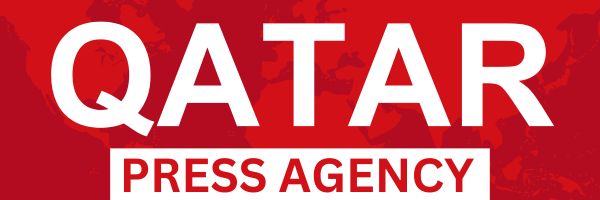Russian President Vladimir Putin declared on Monday that Russia will single-handedly continue to respect the nuclear arms limitations of the expired New START treaty for another year. This strategic decision comes after Putin suspended the pact in 2023, and it aims to inject a measure of stability into the precarious global security landscape. The move is a clear signal to the United States and the international community.
In his televised remarks, Putin framed the decision as a bid to “avoid provoking a further strategic arms race” and to ensure an “acceptable level of predictability and restraint.” He stressed that Russia is not interested in fueling further tensions. This voluntary commitment continues the cap of 1,550 deployed nuclear warheads and 700 deployed missiles and bombers, which was the cornerstone of the now-defunct treaty.
The Kremlin’s offer comes with a significant condition. Putin made it clear that this policy is contingent on reciprocal action from the United States. “We believe this measure will only be viable if the United States acts in a similar manner,” he asserted, cautioning against any American moves that could upset the established “balance of deterrence.” The ball is now firmly in Washington’s court.
This gesture is also being positioned as a potential gateway to improved diplomacy. Putin suggested that this voluntary restraint could help build a foundation for a “substantive strategic dialogue” between the two nuclear superpowers. However, he linked this possibility to broader efforts to normalize the strained relationship between Moscow and Washington.
The future of these limits remains fluid. Putin indicated that Russia will re-evaluate its position after this one-year period. “Based on our analysis of the situation, we will subsequently make a decision on maintaining these voluntary self-restraints,” he said, leaving the door open for a policy change depending on geopolitical developments.
Moscow Puts Onus on Washington with One-Year Nuclear Pledge
9

